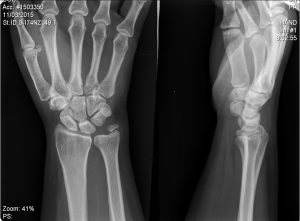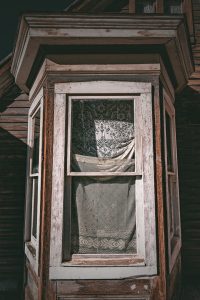 We know that the likelihood of Rancho Bernardo patients who visit emergency rooms receiving elder abuse diagnoses is small, based on a study conducted by researchers at the University of California, San Diego, among others. However, are there other locations in which physicians could be trained to identify sign and symptoms of nursing home abuse and neglect? According to an article in Psych Central, a recent study suggests that radiologists could be an important source of detection for abuse among elderly patients. Could more training for radiologists mean earlier treatment for injuries sustained as a result of nursing home abuse in San Diego County?
We know that the likelihood of Rancho Bernardo patients who visit emergency rooms receiving elder abuse diagnoses is small, based on a study conducted by researchers at the University of California, San Diego, among others. However, are there other locations in which physicians could be trained to identify sign and symptoms of nursing home abuse and neglect? According to an article in Psych Central, a recent study suggests that radiologists could be an important source of detection for abuse among elderly patients. Could more training for radiologists mean earlier treatment for injuries sustained as a result of nursing home abuse in San Diego County?
Why Should We Train Radiologists to Detect Signs of Elder Abuse and Neglect?
Are radiologists in a better position to identify signs of nursing home abuse than other types of medical doctors? In some ways, the answer might be yes. To better understand why training for radiologists in elder abuse could be an effective detection measure, it is important to understand what a radiologist does. As a fact sheet from the American College of Radiology explains, radiologists are doctors “who specialize in diagnosing and treating diseases and injuries using medical imaging techniques, such as x-rays, computed tomography (CT), magnetic resonance imaging (MRI), nuclear medicine, positron emission tomography (PET), and ultrasound.”
 Southern California Nursing Home Abuse Lawyer Blog
Southern California Nursing Home Abuse Lawyer Blog

















